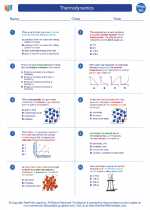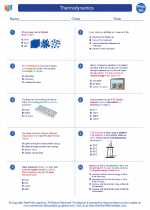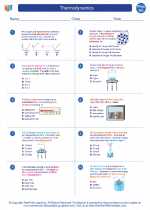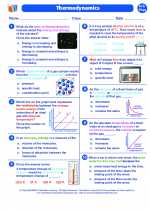Proteins
Proteins are large, complex molecules that play many critical roles in the body. They are made up of long chains of amino acids, which are linked together by peptide bonds. Proteins are essential for the structure, function, and regulation of the body's tissues and organs. They are involved in virtually every process within cells, including metabolism, immune function, and cell signaling.
Structure of Proteins
Proteins have a complex three-dimensional structure that is essential for their function. The primary structure of a protein is the sequence of amino acids in the chain. This sequence determines the overall structure and function of the protein. The secondary structure refers to the local folding patterns within the protein chain, such as alpha helices and beta sheets. The tertiary structure is the overall three-dimensional shape of the protein, while the quaternary structure refers to the arrangement of multiple protein subunits in a larger complex.
Functions of Proteins
Proteins have a wide range of functions in the body. Some of the key functions of proteins include:
- Enzymes: Proteins act as biological catalysts, speeding up chemical reactions in the body.
- Structural support: Proteins such as collagen and keratin provide structural support for tissues and organs.
- Transport: Proteins such as hemoglobin transport molecules such as oxygen in the blood.
- Immune function: Antibodies are proteins that play a key role in the immune system's defense against pathogens.
- Cell signaling: Many hormones and signaling molecules are proteins that regulate cellular processes.
Sources of Protein
Proteins are found in a wide variety of foods, including meat, poultry, fish, eggs, dairy products, legumes, and nuts. These sources provide essential amino acids that the body cannot produce on its own.
Study Guide
To study proteins effectively, consider the following key points:
- Understand the structure of proteins, including the primary, secondary, tertiary, and quaternary levels of structure.
- Learn about the functions of proteins in the body, including enzymatic activity, structural support, transport, immune function, and cell signaling.
- Be familiar with the sources of protein in the diet and the essential amino acids that they provide.
- Consider the role of proteins in specific physiological processes, such as muscle growth and repair, hormone regulation, and immune response.
By mastering these key points, you will gain a solid understanding of the importance of proteins in the body and their role in maintaining overall health and function.
.◂Physics Worksheets and Study Guides High School. Thermodynamics

 Worksheet/Answer key
Worksheet/Answer key
 Worksheet/Answer key
Worksheet/Answer key
 Worksheet/Answer key
Worksheet/Answer key
